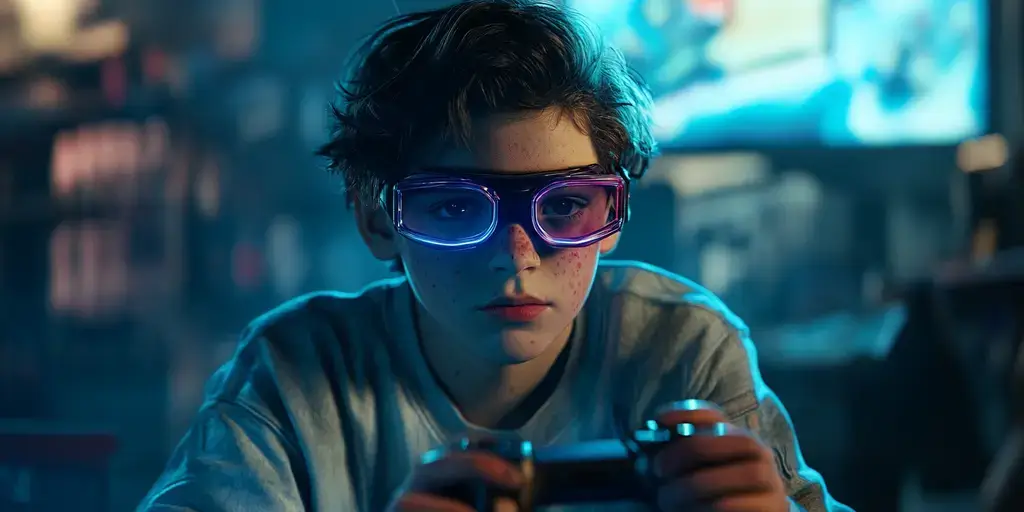Understanding AI and Its Impact on Jobs
Artificial Intelligence, or AI, is becoming a big part of our world. It helps in doing tasks faster and more efficiently. Recently, Bill Gates shared his thoughts about AI and the jobs it might affect. He believes that while AI will change many industries, some professions are here to stay.
Professions Safe From AI
According to Bill Gates, there are certain jobs that AI cannot replicate entirely. These professions require empathy, human interaction, and creativity that machines cannot offer. Here are some examples:
- Healthcare Professionals: Doctors and nurses do more than just diagnose. They offer care, compassion, and a personal touch that AI cannot provide.
- Teachers and Educators: Teaching involves understanding the emotions and learning styles of students, something that AI is yet to master.
- Creative Professionals: Artists, writers, and musicians rely on their unique human creativity and emotional expression, which machines cannot duplicate.
AI Collaborating with Humans
While AI might take on some tasks, it will also act as a helper in many workplaces. For example, in factories, AI can manage repetitive tasks, allowing humans to focus on things that need critical thinking and decision-making.
Bill Gates believes that AI can boost productivity and provide better services. However, humans will always be essential to fill roles demanding emotional intelligence and creativity.
Preparing for an AI-Integrated Future
As AI technology evolves, it’s important for people to adapt. Learning new skills and staying updated with technology trends will be crucial. Bill Gates suggests education systems should focus on teaching skills that machines cannot easily replicate, like empathy and complex problem solving.
The future with AI is not about replacing humans but enhancing our capabilities. By working alongside AI, we can open new opportunities for growth and innovation.










